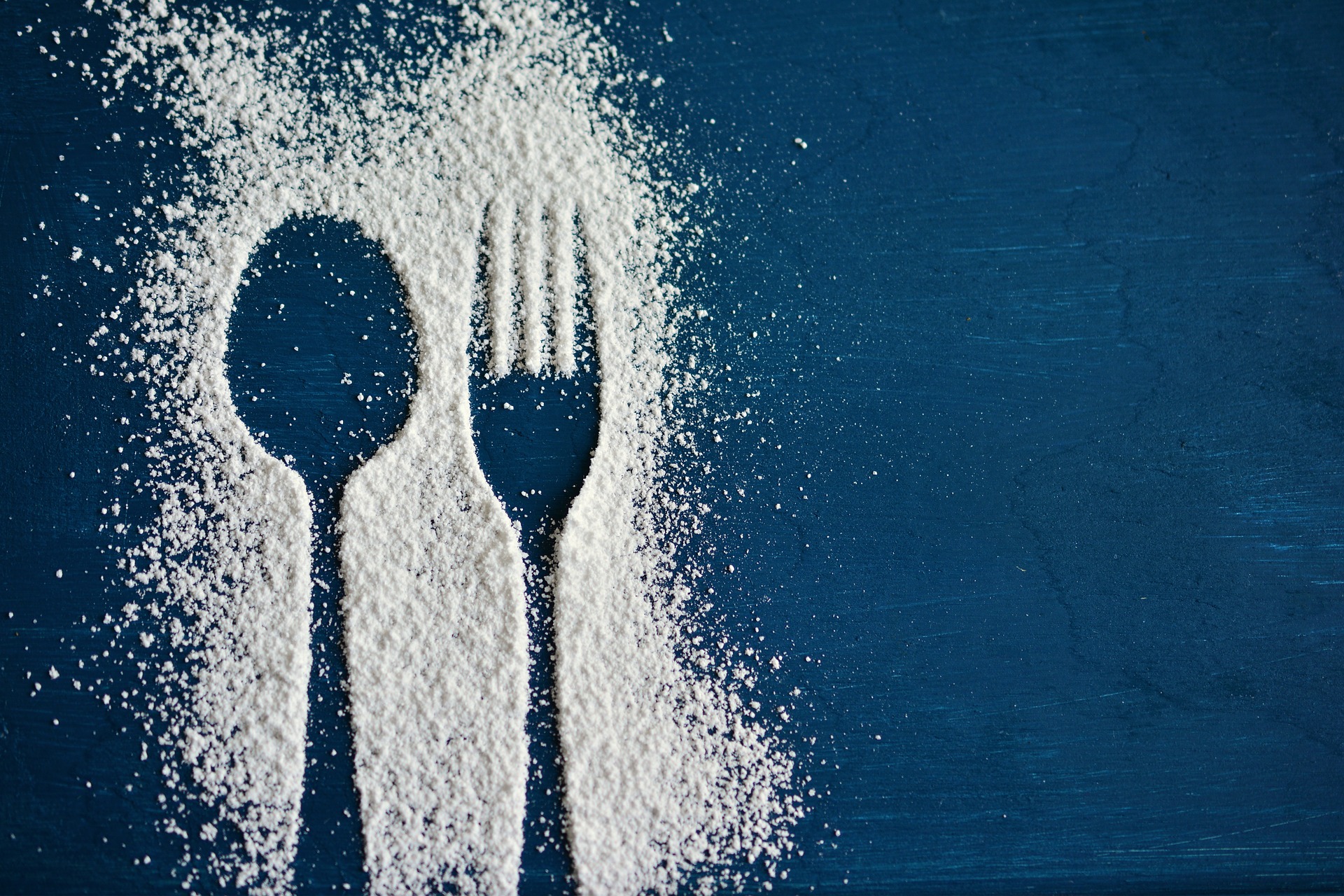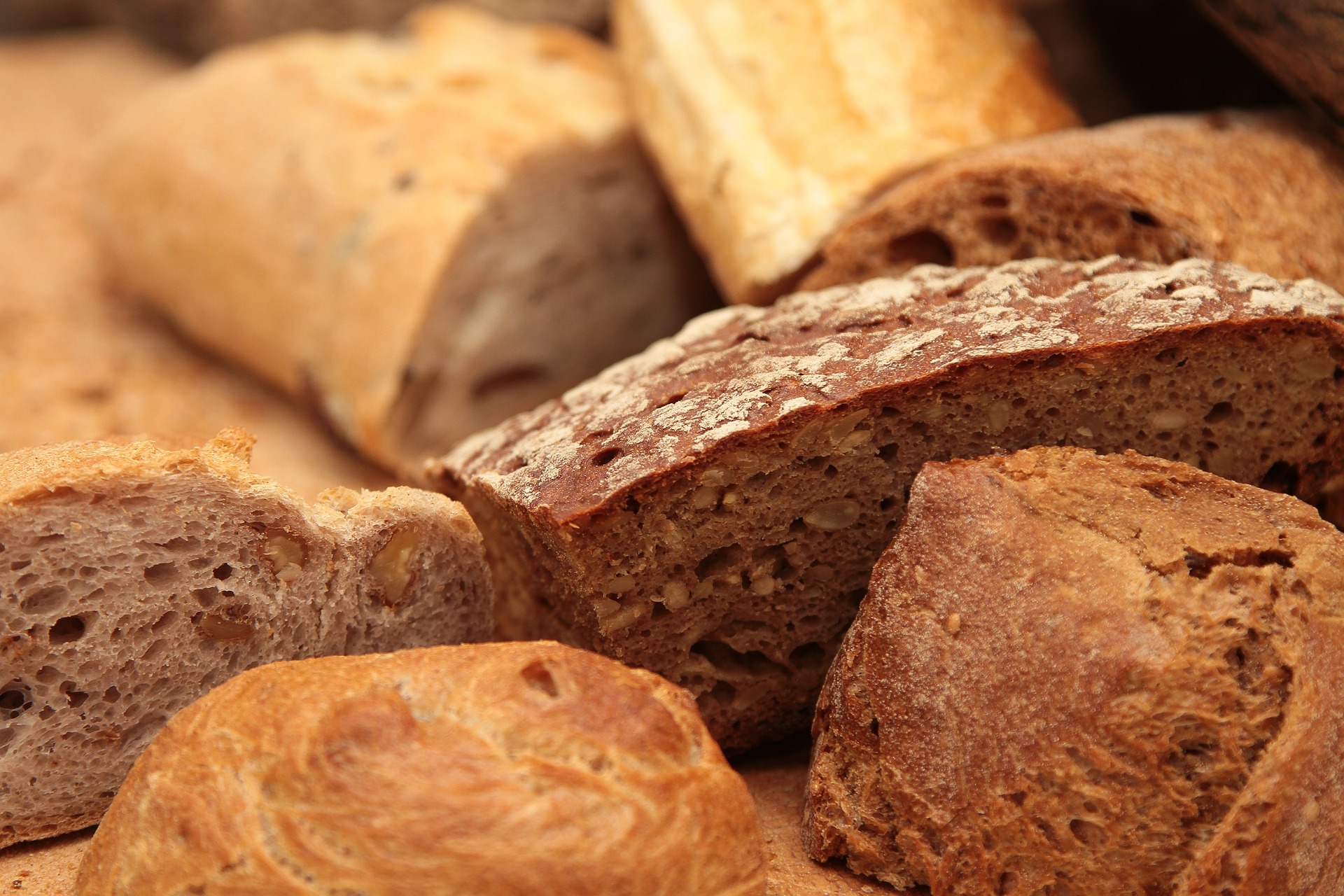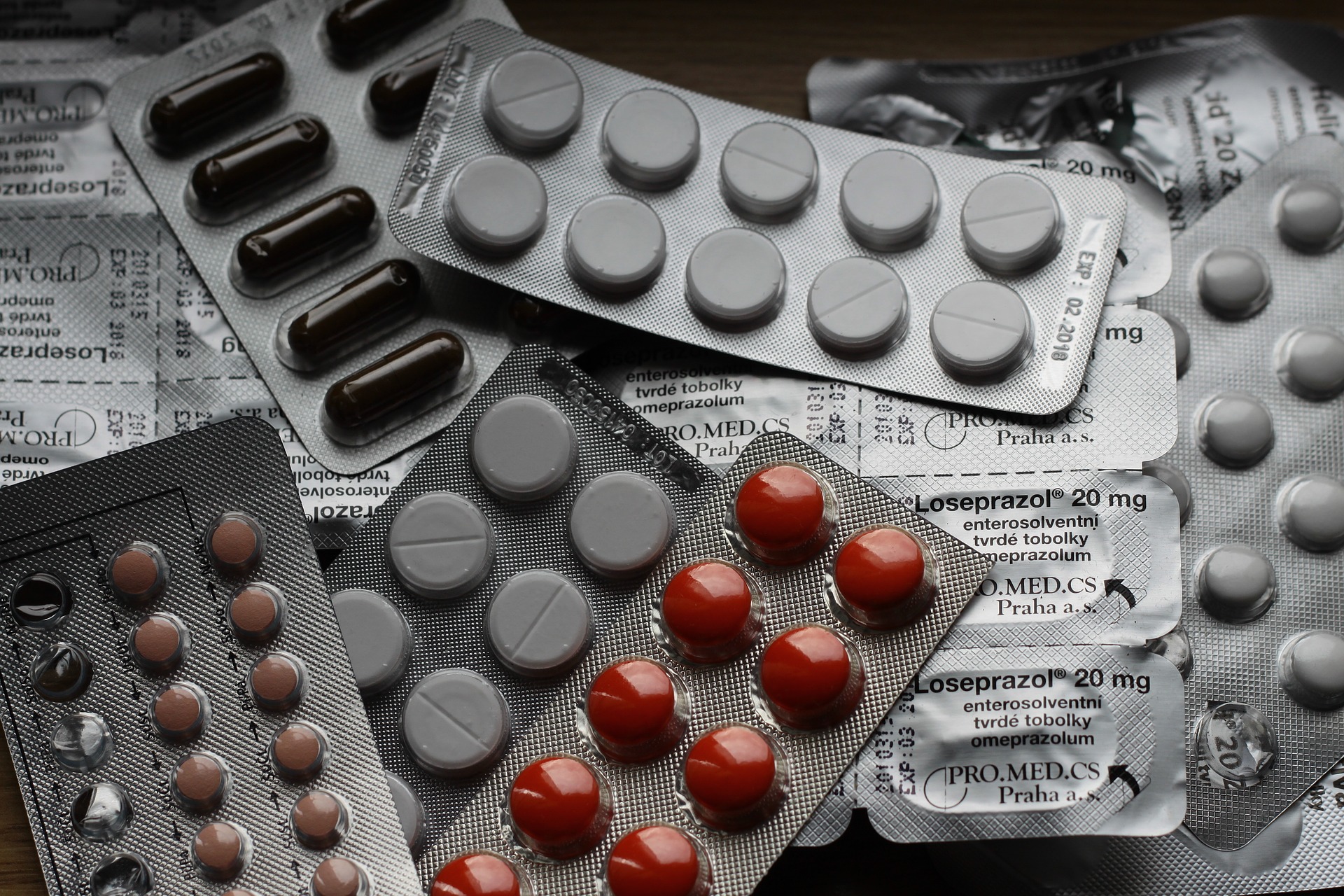https://cdn.steemitimages.com/DQmccPzPafz9z6gjcpkW9p83Hz2ogEJRYHgcCRQTeTwi3Au/sugar%201.jpg

We all tend to have a thing for sweet foods and for various reasons. Foods like cake, candy, chocolate, drinks, ice cream are usually treated as rewards by our brain by releasing dopamine and that makes the experience of sweetness a very pleasant one. The sad truth, though, is that these products contain added and free sugars that are detrimental to our health as we all might know and so we kinda acknowledge this by limiting our intake of these types of foods. The problem is that, sugar is present in many types of foods apart from these sweet treats, in fact, is present in almost all kinds of food and in some cases is even hidden from the nutritional content or there’s a loophole that allows companies not to disclose the exact amount or types of sugar used in their products. So sugar is a load of empty calories that really don’t add any nutritional value in our diets. Sure, natural occurring sugars are a good source of energy if we have an active life that actually lets us burn those calories and energy, but most free and added sugars have zero benefit to the human body. ## **Types of sugar** There’s natural sugars such as: * Fructose (fruit and honey) * Lactose and galactose (milk) * Glucose - (honey, fruits, vegetables) Then the rest, although the source might be from nature, they are processed sugars because they go through a process to create them, and that makes them fit more under the added sugar category than the natural sugars because they’re also added to foods during preparation: * Sucrose (brown sugar, refined sugar, cane sugar) * Concentrate fruit juice * Dextrose * High-fructose corn syrup * Invert sugar * Maltose * Molasses * Cane juice So ok, the real important element in sugar is glucose because that is what is turned into energy and every cell in our bodies uses glucose to function and operate, but fructose is the problem because it doesn’t provide any nutritional value to the body so the liver will turn this fructose into fat very fast while also increasing our blood sugar levels, specially if we have a sedentary lifestyle. The only source that is safe for our fructose is from fruits, because the fiver in them can balance the effects and avoiding a spike in our blood sugar levels compared to if we would get the fructose from concentrate fruit juice or high-fructose corn syrup. I mean, “high-fructose corn syrup” even the name is telling you “this is really bad” but yet, we find this ingredient in so many products. Here’s a list of a very varied types of foods, HF corn syrup can be found:

* Breads * Frozen Food * Dressings * Yogurt * Soda * Granola Bars * Condiments * Cereal * Snacks * Coffee Creamer * Jam * Ice Cream * Peanut butter * Canned Soups * Pickles I mean the list goes on for a sneaky ingredient that doesn’t add value for us, so why is it used so frequently? It can be summarized in one word: money. High fructose corn syrup is super cheap to produce and manufacture and you also require less product to achieve the same level of sweetness compared to different sugars (even though the food industry still uses a shit ton of it). The food industry practices are insane. For example, in pasta sauce, the manufacturer can reduce the real tomato content and use HF corn syrup instead to balance flavor and reduce costs. Sugar is also added to sauces to balance acidity and we’ll get more into that in a bit. Another insane example is low-fat products. Manufacturers usually reduce the amount of fat in a product but will have to add sugar to balance the flavor and other qualities to maintain consistency in their products. In fact, is even better to have moderate amounts of fats than an increase amount of sugars so next time you get a low-fat product, really consider if it’s worth the trade. ## **So seriously though, why is sugar added to food?** It’s definitely not to improve our nutrition but is more important in the production side of things. Dairy products need sugar to enhance flavor, improve aroma and helps as a balancer as well, in fact lots of products need sugar because of these reasons; canned fruit and vegetables, ice cream, bakery products, etc. Here are other reasons why sugar is important in the production stage: * Improves texture and mouthfeel of products. * Increases shelf-life and helps in the microbial stability of food. * Helps in fermentation such as in the case of fermented beverages, breads, cereals and dairy products. * Helps in the freezing point depression for frozen foods and ice creams * Improves moisture retention in breads, bakery products and others. As you can see, there’s lots of uses sugar has when it comes to producing food and also beverages, and alcoholic beverages are a particular case. Margaritas, crème liqueurs and many others rely heavily in adding high amounts of sugar to balance the bitterness of the drink, and also in some cases pronounce the flavor of the drink. So really, sugar won’t be gone any time soon, is present in almost all foods because there’s a purpose, not for us, but for the product itself. We have gotten used to enjoying these processed foods in our daily or occasional diets, there’s really no way to escape sugar. Even sugar free products will contain a sugar substitute which might not be better than the sugar itself. On top of this, the food industry has made it really difficult and complex to understand how much and what type of sugar comes in our food so is a difficult task to get rid of this sneaky ingredient. All we are left to do is become aware that this really represents a health issue and become more responsible when consuming foods that contain sugars, specially added sugars. You think that sugar is not a big deal? Ok let's see the detrimental effects of sugar in our health.

### **Teeth Decay** Sugar contributes to teeth decay because bad bacteria in our mouth needs fructose to thrive and fuck us up so we feed ourselves those sugary treats as well as we are feeding those lovely cavity-producing bacteria at the same time so have that in mind. ### **Stomach problems** A high intake of sugar can deteriorate the linings of our stomach and this kinda like snowballs into other different issues like gluten intolerance, lactose intolerance, etc. ### **Fatty liver** As I mentioned earlier, the liver engages in the task of converting fructose into fat every time we consume sugar, so a built up of fat can increase the chances of developing a fatty liver. ### **Diabetes Type II and Hypoglycemia** High intake of fructose also leads to insulin resistance, which is the main hormone that takes glucose from the blood stream into our body cells in simple terms. Take out insulin, increase blood glucose level and you have the perfect recipe to develop diabetes type II which is a serious health issue worldwide. The opposite happens in hypoglycemia. ### **Obesity** Liver producing fat at a high rate thanks to the high amount of fructose being consumed, insulin being suppressed without being able to process that glucose and there you go again, a simple formula to develop obesity and all of this snowballs one thing after the other. ### **Chronic Kidney Disease** When fructose is turned into fat, a by-product is also created: uric acid. Luckily, the body is an amazing “machine” to solve issues, and so that’s why we have our kidneys, to filter and clear these bad toxic substances out of our bodies. Sadly, when there’s too much waste to filter, then we essentially damage the kidneys and the worse thing? There’s no cure for a broken kidney other than living with the chronic condition or getting a kidney transplant. I mean, increasing fat fructose and glucose in the body is the root cause for many other diseases such as * Hypertension * Heart disease * Depression * Alzheimer * Headaches * High cholesterol * Hormonal imbalances * Migraines * Irritable bowel syndrome Like, the health problems totally outweighs the purpose of sugar in our diet. But unfortunately, sugar usage won’t stop so the only thing we can do is reduce our intake of it with simple tricks like: * Buying brown bread instead of white * If you can, make your own sauces instead of buying them at the grocery store *Still, when using sauces, try to reduce the amount you use * Eat your fruit, don’t drink it like in juices or different types of beverages because as I mentioned before, the fiber in the * Fruit helps dealing with the fructose amount of fruit * Replace beverages with water and chopped fruit and if you still make your own natural fruit juices, try to keep the pulp in the drink * Be selective with the products you buy. Make sure they contain “healthy” sugars instead of added processed sugars * Eat more protein and healthy fats * And well, cut back on sugary foods overall I hope this post presented some interesting and valuable information for you to use in your daily diet and was able to portray the ugly truth of this ironically essential ingredient in our modern life. Of course, just take this information as the starting point in the change of habits you need to make to improve your health and the health of the ones you love.

Originally posted here: https://steemit.com/original/@jungleonion/the-bitter-side-of-sugar






No comments:
Post a Comment